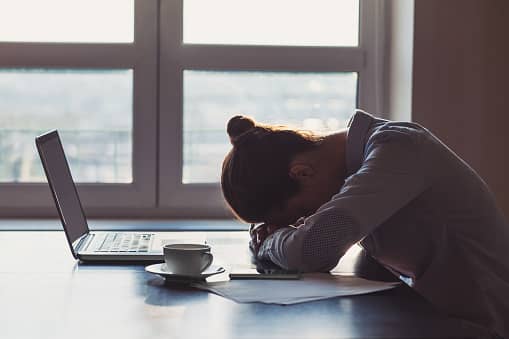
Urologists in the UK & US (such as those featured in this article) have noted a significant increase in patients describing the signs of pelvic floor weakness – from urinary frequency, to infections, bladder pain and discomfort around the tailbone.
Experts suggest that lifestyle changes arising from the disruption of the pandemic may have led to an increase in pelvic floor dysfunction among both women and men. Medical professionals report seeing a rise in cases involving bladder pain syndrome, interstitial cystitis, high-tone pelvic floor issues, dysfunctional voiding, irritable bowel syndrome (IBS), and urgency-frequency of urination. This trend is likely influenced by heightened pandemic-related stress combined with daily stressors. Anxiety, depression, and prolonged sedentary activities—such as extended hours at a computer in improper postures—can create muscular imbalances affecting the pelvic floor.
Patients with previous orthopedic or musculoskeletal issues may have experienced worsening symptoms due to isolation and lack of movement during the pandemic. Additionally, COVID-19 itself can strain pelvic floor muscles, particularly from persistent coughing, which impacts the diaphragm and pelvic floor relationship and may increase risks for pelvic organ prolapse and pelvic muscle pain.
Pelvic floor dysfunctions can be socially isolating and impact self-esteem, sometimes affecting sexual health and wellbeing. Health experts advise against ignoring these symptoms due to embarrassment. After ruling out other conditions, seeing a pelvic health physical therapist for a tailored exercise program can be beneficial. If a routine of Kegel exercises are recommended by your doctor or therapist to tone up the pelvic floor, you may want to consider investing in an EMS pelvic floor toning device to help see results faster.
Reducing stress is key to managing pelvic floor disorders. Physical activities like walking, yoga, or swimming encourage circulation, reduce prolonged sitting, and can help alleviate anxiety and depression. Activities such as meditation, prayer, and gratitude practices also support stress management. For further guidance, mental health professionals or religious advisors can help develop coping strategies for overwhelming moments.
Tags:
Kegel; Kegel exercises; pelvic floor exercises; pelvic wall exercises; pelvic floor therapy; ben wa balls; pelvic floor trainers; vaginal floor; non-surgical vaginal rejuvenation; vaginal toning; pelvic floor weakness